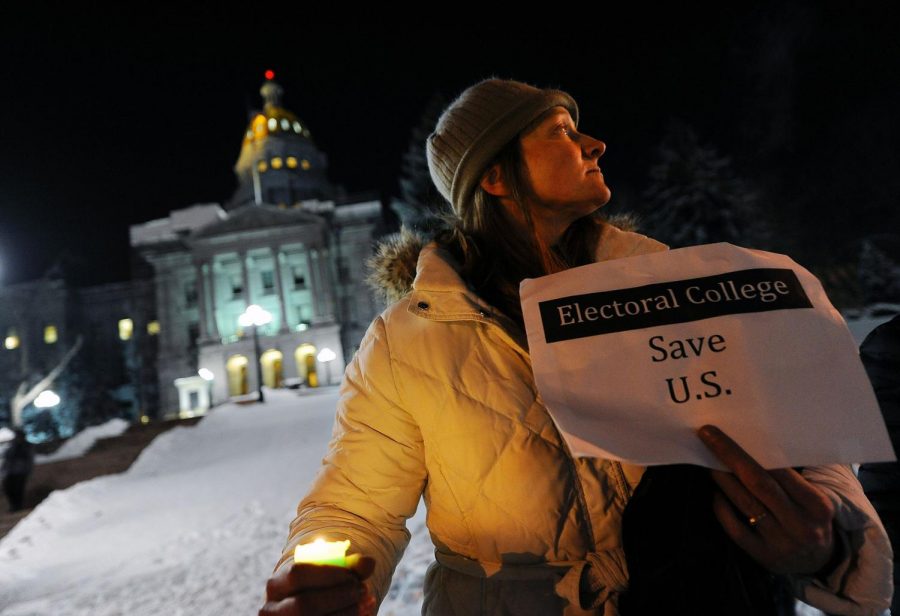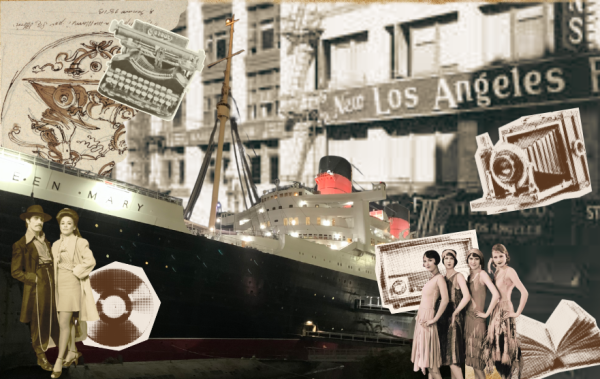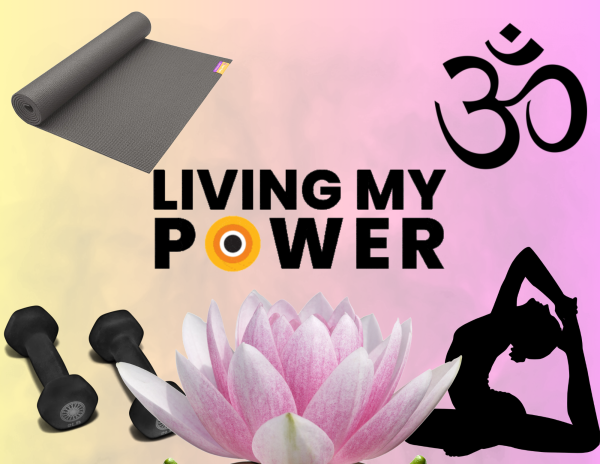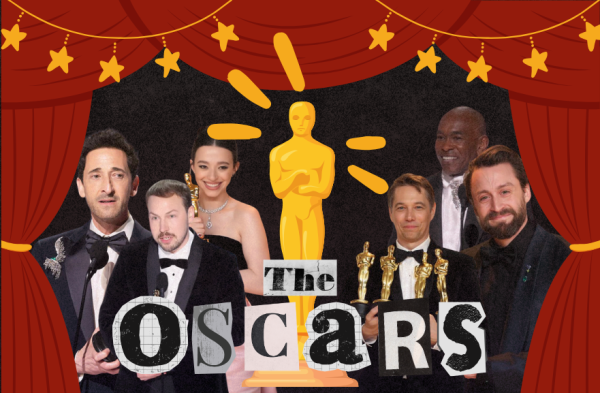How the Electoral College has Failed our Democracy
Woman participating in a candlelight vigil against possible President-elect Donald Trump and the misrepresentation of the electoral college in 2016. US-NEWS-ELECTORAL-COLLEGE-FACTS-15-GET. Tribune Content Agency LLC, Chicago, 2020. eLibrary, https://explore.proquest.com/elibrary/document/2449354728?accountid=193113.
One of the major issues that has come into question during this election season–besides the obvious infringement of democracy–is the electoral college. Before this election, around May of 2020, I had no knowledge on the intricate involvements of the federal and local governments in the election. I knew I was going to be able to vote in the upcoming election but decided to procrastinate my research of the candidates, propositions, and even how to vote for that matter. Being involved in AP U.S. Government this year, I have been exposed to the voting world and found the electoral college to be crippling our democracy.
The electoral college was ultimately decided on by the Founding Fathers because they were tired, frustrated, and could not agree on anything better. During the Philadelphia convention, they had agreed to move forward with the least tyrannical options they had, following their battle against corruption. There was much debate whether the people of the United States would be educated enough to allow the popular vote to be the main resource in electing the Chief of Office. This is why they came to the conclusion that each state was allowed electors who would cast ballots for presidential campaigns. When the Founding Fathers created the electoral college, they strongly believed that each individual elector would base their votes on their own judgement, rather than a political party or affiliation. This has been deeply disproven in modern-day elections. They also assumed that each elector’s vote would be counted, but Nebraska and Maine today have laws that allow all electoral votes to be counted for the candidate that wins the popular vote in their state.

The most unfortunate circumstance in which the electoral vote overpowered the popular vote was in the 2016 election. Hillary Clinton won the popular vote by a mere 3,000,000 votes. In an ideal democracy, this would have casted Clinton as our president. The electoral college contradicts this outcome with Trump obtaining 304 votes to Clinton’s 227 electoral votes. Even though Clinton’s result is not near 270, without this corrupt process, she would have fairly taken the presidency (and the United States wouldn’t be led by Trump’s stupidity today). On December 14, 2020, Hillary Clinton tweeted, “I believe we should abolish the Electoral College and select our president by the winner of the popular vote, same as every other office,” to express her distaste for the unjust system. In the past, both Democratic and Republican state representatives have voted against their state decision in an election, facing a fine, and even removal. In Washington State in 2016, three electors voted for Colin Powell, rather than the winner of their state, Hillary Clinton. In many cases these elector’s personal affiliation has had to be silenced from their state’s opposing vote.
Many people (including me) wonder why the electoral college still exists today, even through its unfair process of electing officials. The party in power is almost always the only one to benefit from this system, as minority parties have little chance to make headway. Smaller states and swing states are in favor of the electoral college solely from the increased representation they obtain.
I posed a series of questions for our AP Government and US History teacher, Brian Murray, here at Huntington Beach High School to get his opinion on the electoral college. Our conversation went as follows:
Q: Why do you believe the electoral college is bad for our country?
A: “Well, it’s an archaic system created in 1787, ratified later and highly ‘undemocratic.’ For those advocating ‘it’s a republic’ well, it was also a slaveholding 3/5 type republic, and we certainly turned a corner around 1865 despite all the efforts of the KKK. And those efforts, though effective and demonstrably popular in the South, were highly awful. It hits at the singular unfair notion that where people choose NOT to live they will be represented at a better electoral advantage. Wyoming has 2 electors for its senators like California (CA), where the populations are only 30 million apart.”
Q: Do you think the electoral college will ever be outlawed? Are there any alternatives?
A: “No. The amendment process is far too difficult and will likely fail. Too many small states benefit and like it.”
Q: Are there any positives, (in your own opinion) that the electoral college is beneficial?
A: “Well, if I lived in Florida, Ohio, Pennsylvania or some similar toss up state, I’d say it’s amazing. But given the ‘winner take all’ system states like CA and New York (NY) (always Blue) and states like Texas (TX) and Alabama (always Red) it seems that it doesn’t fit the ever evolving electorate in those states. CA has growing republican areas (the Central Valley—Fresno, Visalia) and TX has growing democratic areas (Houston, San Antonio) and not sure it’s always reflected with this ‘winner take all’ formula. So…no, not really. And the issue that it’s a ‘republic’ and not a ‘democracy’ speaks to the 1787 desire to keep the ‘people’ away from voting, something we’ve been trying to overcome since the Civil War and the Civil Rights era. Seems to be an endless fight.”
It is clear that the beneficial system the founding fathers envisioned has, quite honestly, gone down the drain. There is much corruption, as we can see from previous elections, that is present in this practice. Unfortunately, the future for the electoral college seems set in stone until we can collectively settle to alter the Constitution.
Your donation will support the student journalists of Huntington Beach High School. Your contribution will allow us to cover our annual website hosting costs.
Thank you for supporting our program!







